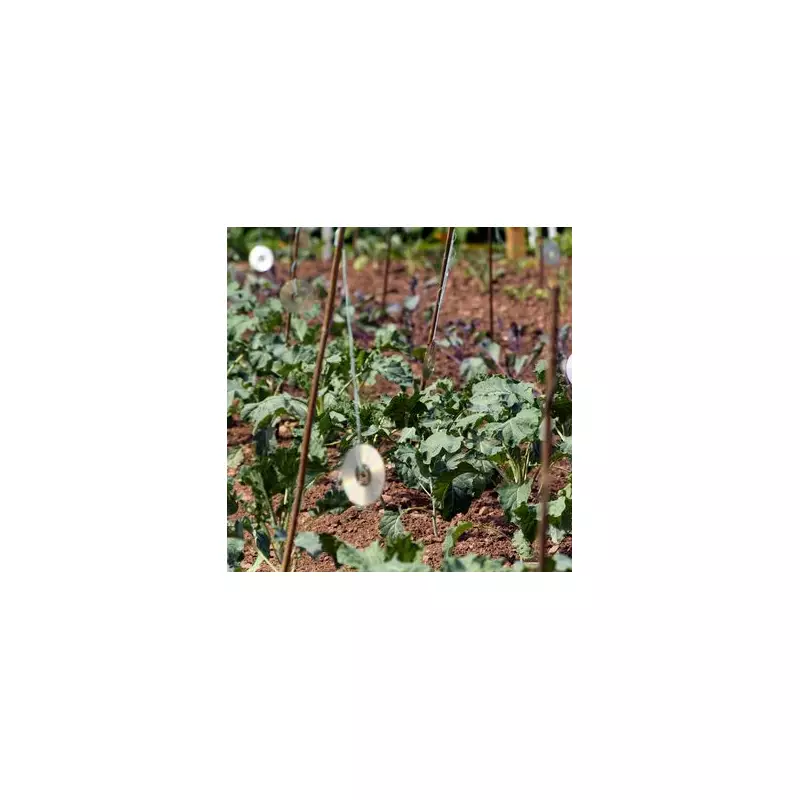
British gardeners have discovered an unexpectedly brilliant use for their obsolete CD collections that's causing quite a stir in horticultural circles. The simple yet effective method involves transforming unwanted discs into shimmering bird deterrents that protect precious plants.
The Science Behind the Shimmer
As sunlight reflects off the rotating CDs, it creates unpredictable flashes of light and movement that most bird species find deeply unsettling. This optical disturbance makes your garden appear unsafe for feathered visitors seeking an easy meal.
"Birds are naturally wary of sudden movements and bright, flashing lights," explains gardening expert Chris Bonnett. "The reflected light from CDs mimics predator movements or fire, triggering their instinct to avoid the area."
How to Implement This Garden Hack
Creating this protective system requires minimal effort and maximum creativity:
- Gather old CDs or DVDs you no longer need
- Use string or garden twine to hang them from trees, fences, or canes
- Space them approximately three meters apart throughout vulnerable areas
- Ensure they can move freely to catch sunlight from different angles
Why This Method Outperforms Traditional Solutions
Unlike scarecrows that birds quickly become accustomed to, the constantly changing light patterns from CDs maintain their effectiveness. The method is completely humane, cost-effective, and gives new life to what would otherwise become landfill waste.
"It's one of those wonderfully simple solutions that actually works," Bonnett confirms. "The movement and reflection create an environment birds would rather avoid, protecting everything from seedling vegetables to ripening fruits."
A Sustainable Gardening Solution
This approach aligns perfectly with modern gardening's shift toward eco-friendly practices. Not only does it repurpose electronic waste, but it also eliminates the need for chemical deterrents or physical barriers that might harm wildlife.
Gardeners across the UK are reporting remarkable success with this technique, particularly during crucial growing seasons when young plants are most vulnerable to avian attention.





